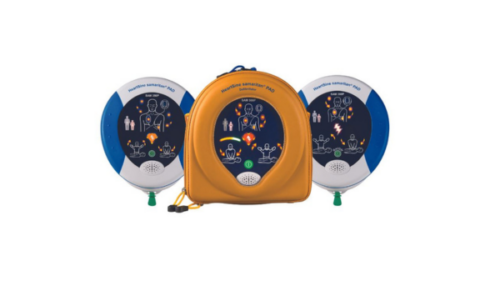

Winter brings more than just frosty temperatures; it may also impact our cardiovascular health. Let’s explore the connection between cold weather and heart concerns, along with practical steps to safeguard your well-being.
The Cold Snap and Cardiovascular Risk:
Studies suggest that exposure to cold weather can strain the cardiovascular system, potentially leading to increased blood pressure, blood clot formation, and a higher heart rate.
Protecting Your Heart in Winter
1. Bundle Up:
Dress warmly to reduce the body’s stress response. Layer clothing and cover extremities to maintain body heat.
2. Stay Active:
Opt for indoor exercises to counteract the sedentary effects of winter. Regular physical activity contributes to better cardiovascular health.
3. Regular Health Check-ups:
Individuals with pre-existing cardiovascular conditions should prioritize routine health check-ups during winter to monitor blood pressure, cholesterol, and other risk factors.
BONUS
4. Emergency Preparedness
Invest in your health and protect your heart in the event of an emergency with an AED suitable for your home. In the event of a cardiovascular emergency, especially during the winter months when driving conditions are poor, early access to defibrillation (1 to 3 minutes after cardiac arrest) is vital and may increase the chance of survival by 75% or more.
Understanding the link between cold weather and cardiovascular health is crucial during winter. By dressing appropriately, staying active indoors, and monitoring your heart health, you can navigate the season while prioritizing your well-being. Stay warm, stay active, and keep your heart healthy this winter.


